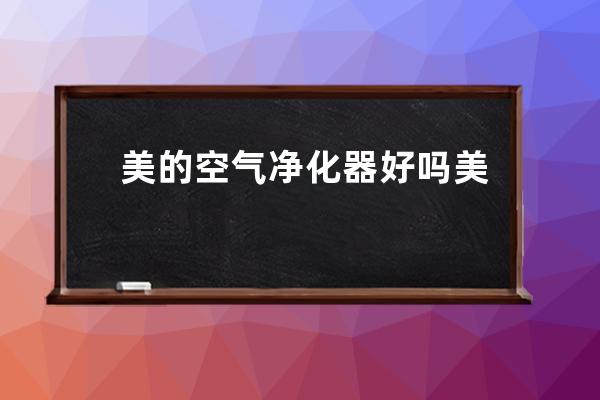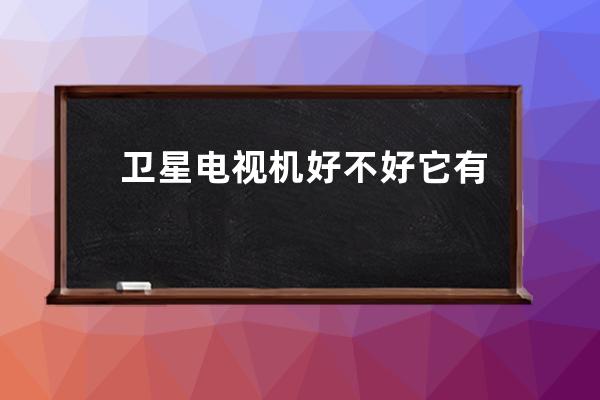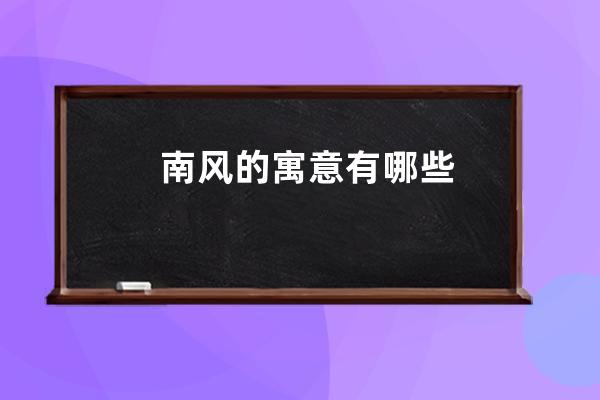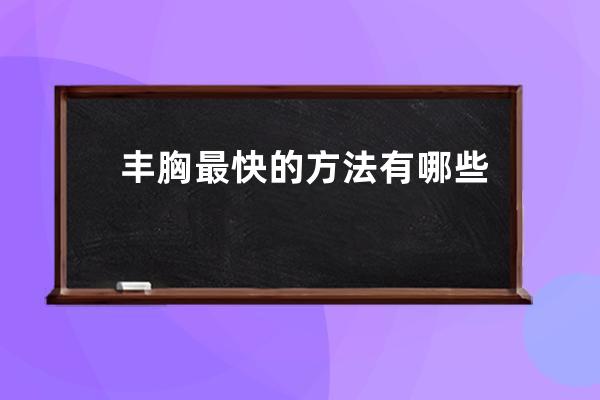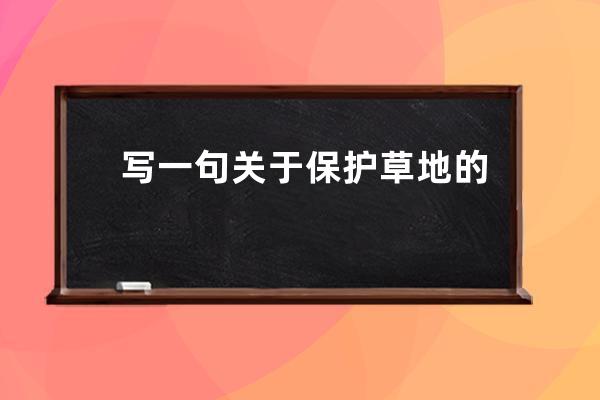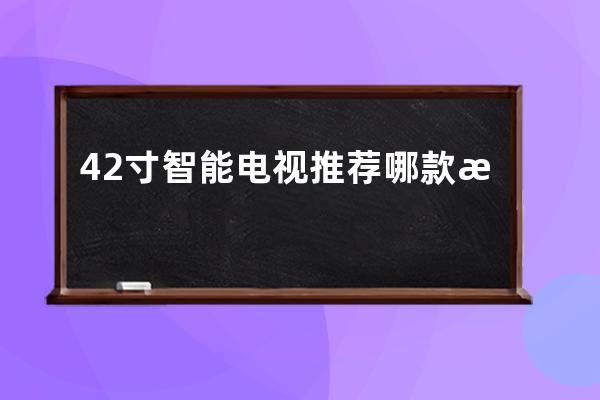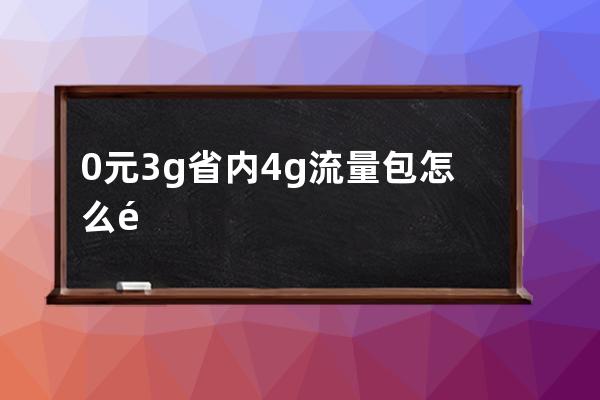1932用英语怎么说(米(长度单位)用英语怎么说)
The Usage of "19 32" in English
"19 32" is a common phrase in Chinese that is often used to express disagreeing opinions or thoughts. However, how do we say it in English? In this article, we will explore the meaning of "19 32" and its equivalents in English.
The Meaning of "19 32"
The phrase "19 32" in Chinese is the combination of two numbers: 1 and 9 are pronounced as "yi jiu," and 3 and 2 are pronounced as "san er." It sounds very similar to the Chinese word for "definitely not," which is "yi ding bu shi." Therefore, "19 32" is used to express disagreement or disapproval of something.
The English Equivalents of "19 32"
There is no direct translation of "19 32" in English. However, there are some similar phrases that we can use to express disagreement or disapproval:
- "No way" - This phrase can be used to express disbelief or strong disagreement. For example, "No way am I going to that party."
- "Not a chance" - This phrase is similar to "no way" and can also be used to express defiance or disagreement. For example, "Not a chance am I going to do that."
- "Absolutely not" - This phrase is used to express a firm refusal or disagreement. For example, "Absolutely not, I'm not going to lend you any money."
- "Nope" - This is a casual and informal way of saying "no" and can be used to express disagreement. For example, "Nope, I don't agree with you."
Although there is no exact equivalent of "19 32" in English, these phrases can be used to convey a similar meaning of disagreement or disapproval.
Conclusion
In conclusion, "19 32" is a common phrase in Chinese that is used to express disagreement or disapproval. In English, there is no direct translation of this phrase, but there are similar phrases such as "no way," "not a chance," "absolutely not," and "nope" that can be used to express a similar meaning. Knowing these equivalents can help us communicate effectively with English speakers and expand our vocabulary.

声明:本站所有文章资源内容,如无特殊说明或标注,均为采集网络资源。如若本站内容侵犯了原著者的合法权益,可联系本站删除。

